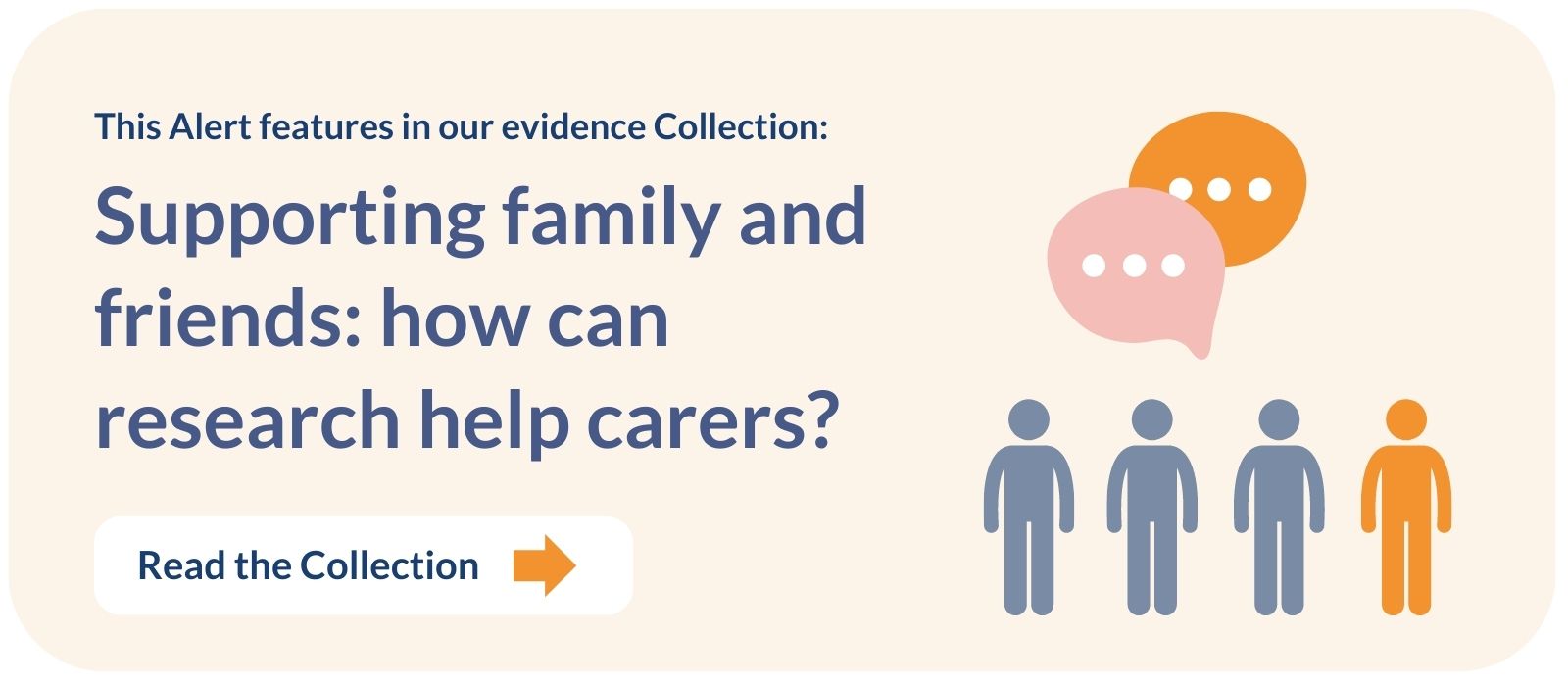Please note that this summary was posted more than 5 years ago. More recent research findings may have been published.
This is a plain English summary of an original research article. The views expressed are those of the author(s) and reviewer(s) at the time of publication.
Being prescribed many medicines places a huge, often hidden, burden on older people in the community and on their families or carers. This affects whether older people take medicines incorrectly or not at all, which puts them at risk of harm and wastes medicine.
The MEMORABLE (Medication Management in Older people: Realist Approaches Based on Literature and Evaluation) study aimed to understand the difficulties patients have in managing medication. To consider various points of view, researchers interviewed health and social care professionals, older people and family carers. They also reviewed scientific papers on the subject.
One of the key findings was that medication management places a large burden on older people and family carers and that this burden is often hidden. The study recommends that doctors, pharmacists and nurses consider burden when prescribing or changing medicines.
The researchers identified key areas of difficulty that could be tackled with simple interventions. One, a short questionnaire or aid, would help identify older people who are struggling. A second, a patient-led, personalised record, could help inform shared decision-making about medicines.
What’s the issue?
The number of older people in the UK is increasing. Many of them have more than one health condition and need to take different medicines. They may have to take multiple medicines at different times of day. This can be difficult to manage and is a huge responsibility and burden for family and carers.
Medication-related adverse events cost the UK £750 million every year. They are estimated to be responsible for 5,700 deaths.
The MEMORABLE study sought to understand medication management from multiple viewpoints. It looked at how it affects older people living in the community and their family carers. The researchers set out to identify reasons for the problems and ways of tackling them.
What’s new?
The researchers interviewed 13 older people and 16 family carers. They also spoke to 21 doctors, nurses, pharmacists, and paid carers. They asked these different groups about how people manage medicines in their everyday lives. Alongside the interviews, they carried out a literature review based on 24 key articles, selected from more than 1,000.
The study’s realist approach attempted to look behind what the interviewees said to identify the underlying reasons for their behaviour. The MEMORABLE researchers drew links between the interviews and the literature review. They looked at how medication management works in practice and where the burdens lie.
The researchers broke down medication management into a five-stage process. They identified the final stage – where clinicians review medicines with patients – as a key part of the process. They identified five burdens that occur at medicine review and suggested ways of tackling these burdens:
- Ambiguities – could be partly dealt with by clarifying the purpose and content of medicine reviews
- Concealment issues – increasing the personalised information given to older people and carers could increase their feelings of being in control and coping
- Unfamiliarity – addressed by seeing the same practitioner, establishing continuity and developing trust
- Fragmentation – could be reduced by improving collaboration between and across health and social care services
- Exclusion – could be reduced by taking the opinions of older people and informal carers into account via shared decision-making.
Why is this important?
The MEMORABLE study reveals the complexity of medication management and its hidden burdens. Actions at each stage of the process might help older people fit medicines into their everyday lives.
The researchers suggest two specific interventions that might help reduce risk and burden:
- a short questionnaire or aid for identifying older people and family carers who are struggling. This simple aid could be delivered by anyone, not only a doctor, nurse or pharmacist
- a personalised, patient medical record that is co-produced and shared between older people, family carers, and practitioners.
What’s next?
The new understanding of medication management and its burdens developed in MEMORABLE, should inform policy. The team have advised NICE of the findings. They are continuing to disseminate to policy makers, practitioners and to oIder people and family carers.
Further research is needed into the outcomes that patients, family carers, and practitioners are looking for. The researchers are applying for funding to develop the interventions described.
A focus on realist approaches and real-world interviews would bring much-needed patient perspectives into this field of research. The team wants to use the lessons learnt to understand medication management and the the role of pharmacists in other areas, including mental health and COVID-19.
You may be interested to read
The full paper: Maidment I, and others. Towards an understanding of the burdens of medication management affecting older people: the MEMORABLE realist synthesis. BMC Geriatr. 2020;20:183
NIHR Journals library report of the full MEMORABLE study: Maidment I, and others. Medication management in older people: the MEMORABLE realist synthesis. Health Serv Deliv Res. 2020;8
MEMORABLE project website: medication management with older people
Information about medicines optimisation from NHS England: Medicines optimisation
Video of MEMORABLE project as featured on BBC Breakfast
Funding: This research was funded by the NIHR Health Services and Delivery Research programme.
Conflicts of Interest: Several authors hold positions on NIHR committees and advisory groups.
Disclaimer: Summaries on NIHR Evidence are not a substitute for professional medical advice. They provide information about research which is funded or supported by the NIHR. Please note that the views expressed are those of the author(s) and reviewer(s) and not necessarily those of the NHS, the NIHR or the Department of Health and Social Care.
NIHR Evidence is covered by the creative commons, CC-BY licence. Written content and infographics may be freely reproduced provided that suitable acknowledgement is made. Note, this licence excludes comments and images made by third parties, audiovisual content, and linked content on other websites.

